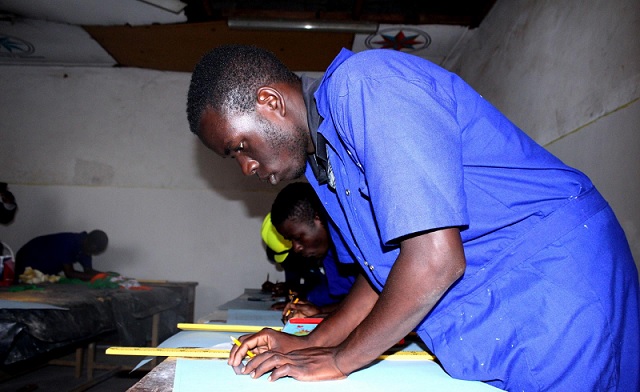
Kampala, Uganda | THE INDEPENDENT | The Inter-University Council for East Africa (IUCEA) has partnered with China to improve the quality and relevance of Technical and Vocational Education and Training (TVET) programs in East Africa. This collaboration is part of the East African Skills for Transformation and Regional Integration Project (EASPRIP), which is funded by the World Bank.
IUCEA, headquartered in Kyambogo, Kampala, is facilitating skills and knowledge transfer in the TVET sector through a strategic alliance with China. As part of this initiative, scholarships are awarded to lecturers and tutors to pursue postgraduate studies at leading universities in China. The Executive Secretary of IUCEA, Prof. Gaspard Banyankimbona, believes that this partnership will play a significant role in transforming the TVET systems in East Africa by enhancing the skills and knowledge of TVET faculty.
“The scholarship supports our commitment to transforming the TVET systems in East Africa by building the capacity of TVET faculty to enhance their skills and knowledge and improve the quality and relevance of TVET programs. This will have a profound impact on reducing youth unemployment through practical hands-on skills development,” Prof. Banyankimbona said.
The IUCEA Secretariat in Kyambogo disclosed that 20 scholarships have been awarded, with 8 learners going to Ethiopia, 6 to Kenya, and 6 to Tanzania. It is noteworthy that 30 percent of the scholarships have been granted to female candidates, emphasizing a commitment to gender inclusivity. In the past, East African countries have predominantly emphasized university education, neglecting TVET.
However, with rising unemployment rates and a lack of practical skills among graduates, there has been a paradigm shift in recent years. Many East African countries are now developing TVET policies to address the changing demands of the job market and foster a more skilled and job-ready workforce.
Under the EASPRIP, countries in Eastern Africa, including Ethiopia, Kenya, and Tanzania have adopted the Regional TVET Qualifications Framework. This framework aims to promote the regional mobility of students and skilled workers, among other objectives, further highlighting the growing importance of TVET in the region.
*****
URN
 The Independent Uganda: You get the Truth we Pay the Price
The Independent Uganda: You get the Truth we Pay the Price



